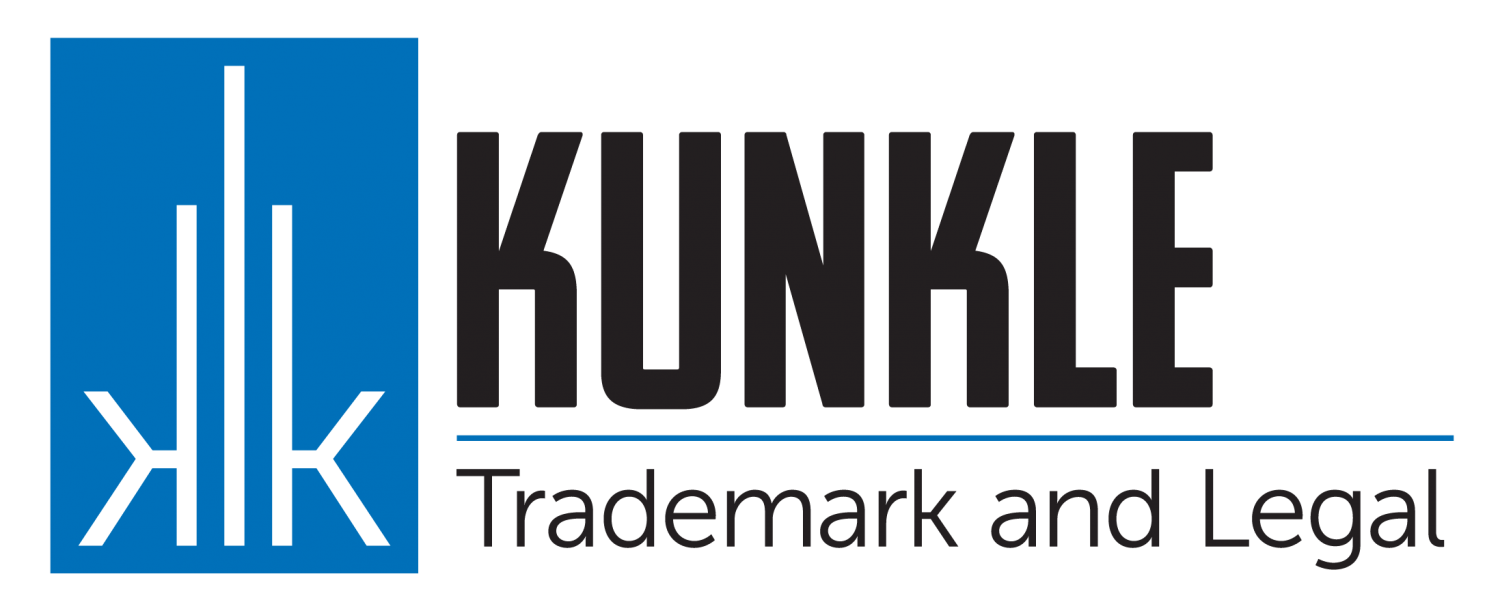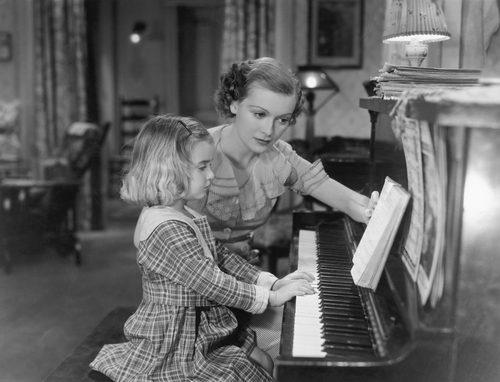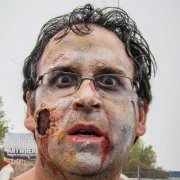Less is More: Copyright Office Changes Deposit Requirement for Musical Compositions.
Modification of Current Deposit Rules
The United States Copyright Office on Tuesday (January 17, 2018) published a modification to the current rules regarding registration of musical compositions. Under the current rules, registration of compositions that have been published in both print and as part of a sound recording can be registered by depositing a copy of the recording only. This modification, changes this rule and requires that the print edition be submitted. However, if only the recording exists at the time of the application, only the submission of the recording is required. This modification is in line with the requirement that applicants must submit the "Best Edition" of the work.
The final rule is available here and goes into effect on February 16, 2018.
What Does this Change Mean to Me?
Composers should take note that this change may require the submission of a complete set of sheet music if it exists. The rule and commentary remains somewhat vague as to whether, with less formal compositions, publication...



